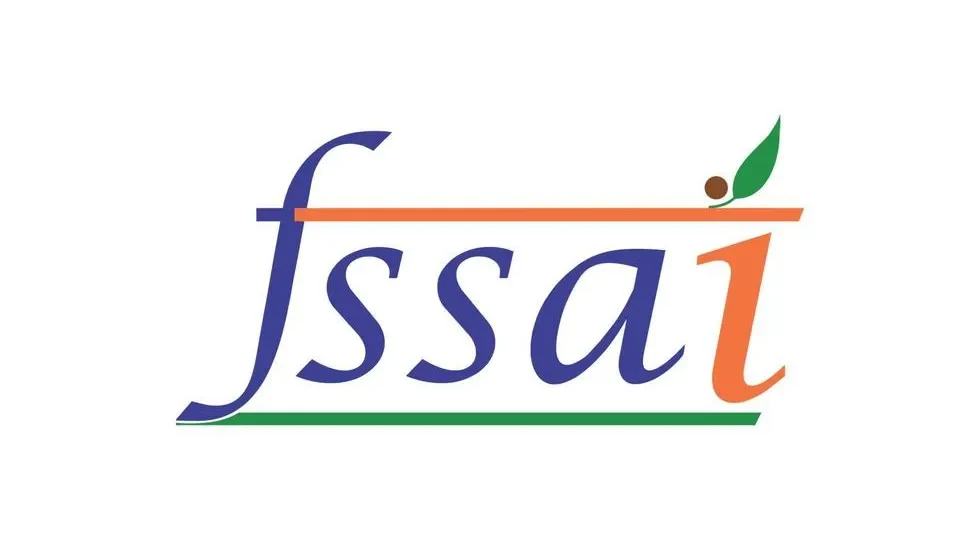
Why FSSAI Registration is Essential for Food Businesses in India
In India, the food industry spans from small roadside vendors to large restaurants and manufacturers. To ensure public health and food safety, the Food Safety and Standards Authority of India (FSSAI) mandates that every food business must have an FSSAI license. This isn’t just about legal compliance—it’s also about earning consumer trust and ensuring your products are safe and high-quality.
🍽️ Why Do Food Businesses Need an FSSAI License?
The FSSAI was set up to regulate and monitor food safety standards across India. It ensures that every food business—big or small—follows hygiene and safety norms. The FSSAI license is mandatory for any business involved in:
- Manufacturing
- Processing
- Packaging
- Storage
- Distribution
- Marketing
- Import/export of food products
By requiring this license, the FSSAI ensures that the food available in the market is safe for consumption, preventing contamination and promoting good manufacturing practices.
⚠️ What Happens If You Don't Get an FSSAI License?
Operating a food business without an FSSAI license is illegal in India and can lead to serious consequences:
- Legal Action: Penalties or imprisonment under the FSS Act
- Loss of Consumer Trust: Customers may avoid unregistered businesses
- Health Hazards: Poor quality control can lead to unsafe food
- Business Losses: You may miss out on contracts or partnerships
Getting an FSSAI license ensures you meet legal requirements and signals professionalism and credibility to your customers.
🧾 Who Must Register Under FSSAI?
Any individual or entity involved in the food supply chain must register or obtain a license with FSSAI. This includes:
- Restaurants and cafes
- Cloud kitchens and online food sellers
- Hotels and catering businesses
- Street food vendors and hawkers
- Food processors, packagers, and relabelers
- Food transporters, warehouses, and cold storage units
- Exporters and importers of food products
🧑🌾 FSSAI Licensing in Tamil Nadu
In Tamil Nadu, FSSAI licenses are issued by the Tamil Nadu Food Safety and Drug Administration Department.
BASIC FSSAI REGISTRATION IS REQUIRED FOR:
- Small vendors and home-based food businesses
- Daily handling under 500 liters of milk or 100 kg of food
- Slaughterhouses with small-scale operations
- Retailers and distributors with turnover under ₹12 lakh
STATE FSSAI LICENSE IS REQUIRED FOR:
- Mid-sized dairy and meat businesses (500–50,000 liters milk/day, etc.)
- Processing units handling 101 kg/liters to 2 MT/day
- Distributors and wholesalers with turnover up to ₹20 crore
🚫 Who Is Exempt from FSSAI Registration?
Exemptions are available only in limited cases, such as:
- Home-based producers operating under cooperative societies or self-help groups
- Milkmen selling milk solely through cooperatives
- Food delivery agents or those managing vending machines
- Direct selling agents with prior authorization
- Even if exempt, these individuals or groups must follow food safety practices.
✅ Benefits of FSSAI Registration
Getting your FSSAI registration isn’t just about ticking a legal checkbox—it comes with real business benefits:
- Legal Compliance: Avoid penalties and run your business confidently
- Consumer Trust: Displaying the FSSAI logo builds buyer confidence
- Market Access: Enter retail chains and export markets more easily
- Credibility Boost: Improve brand reputation with a government-recognized license
- Better Quality Control: Follow hygiene standards that reduce contamination
- Avoid Penalties: Prevent costly fines and shutdowns
- Technical Support: Access FSSAI’s scientific resources and guidance
🧠 Final Thoughts
Getting an FSSAI license is not just a regulatory formality—it’s an investment in your brand’s credibility, safety, and growth. Whether you’re a small food stall or a large processing unit, registering with the FSSAI helps build a better, safer food ecosystem in India. It gives your customers confidence, protects public health, and opens doors to new opportunities—both locally and globally.

